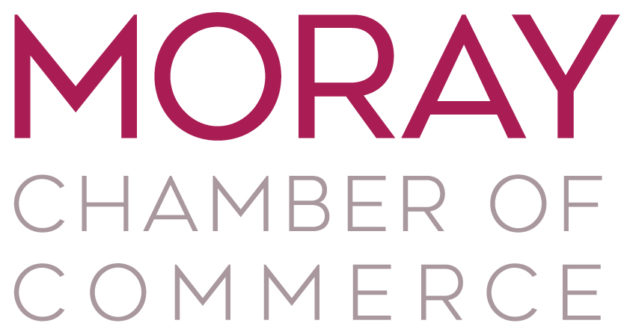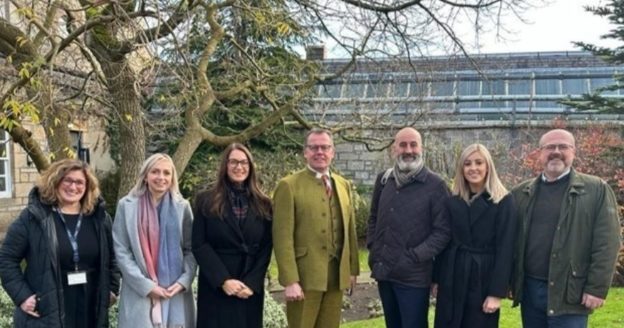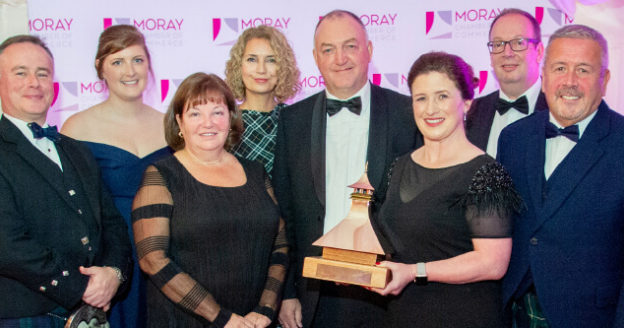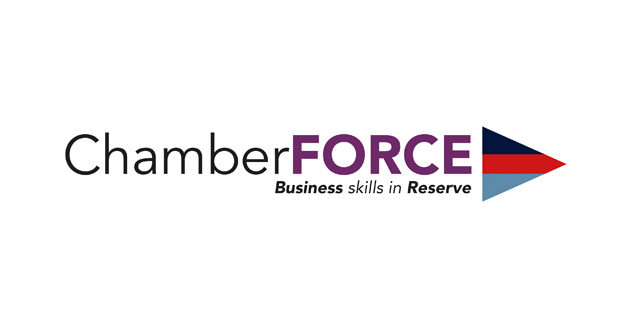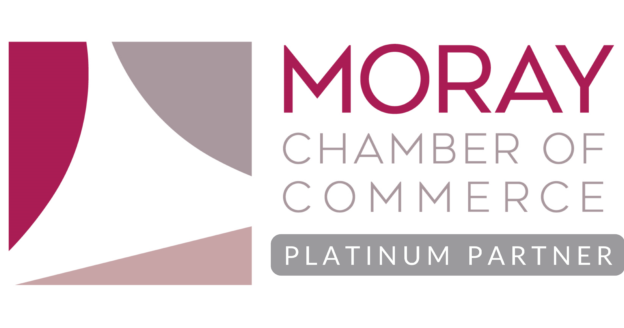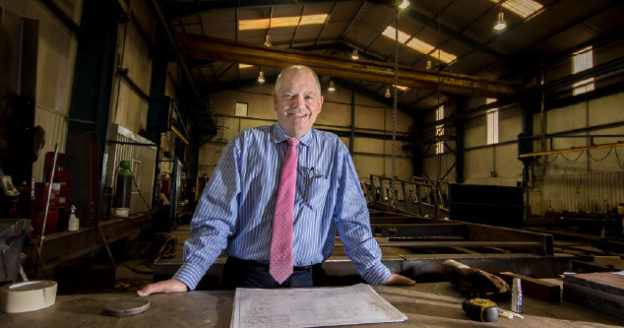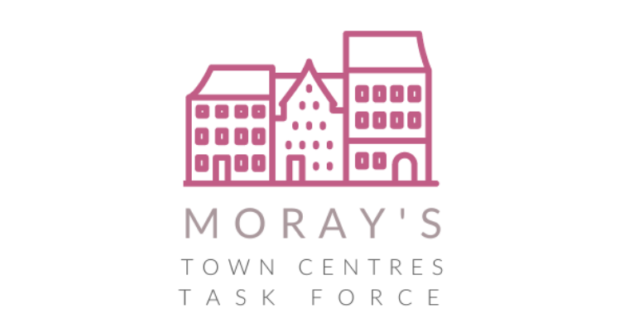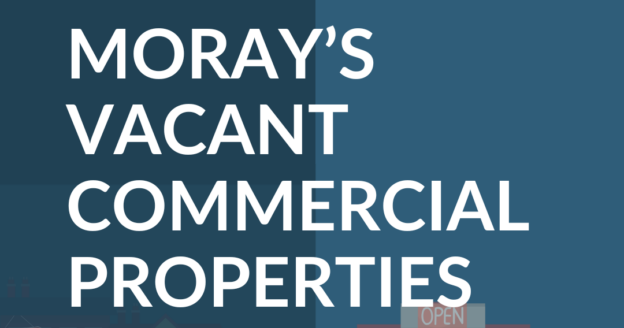Chamber News
Green Grant Fund
5 May 2023 • Sarah Medcraf
HIE’s Green Grant Fund has just been launched. HIE’s Green Grant Fund aims to support businesses in the tourism, creative industries and food and drink processing sectors, and social enterprises in any sector, across the Highlands and Islands to reduce or green their energy usage.
WHAT IS IT?
HIE’s Green Grant Fund aims to support businesses in the tourism, creative industries and food and drink processing sectors, and social enterprises in any sector, across the Highlands and Islands to reduce or green their energy usage.
The funding is a non-repayable grant of up to £150,000 which will cover up to 50% of the total cost of a project. The minimum grant award is £25,000. Projects can include anything that helps businesses or social enterprises to reduce or green their energy usage and make progress towards achieving net zero carbon emissions, for example energy efficiency measures, renewables, active non-commuting business travel and waste management.
Prioritising projects based in rural, remote and island areas.
WHAT CAN THE GRANT BE USED FOR?
The funding can be allocated towards most categories of capital investment, included but not limited to, purchasing equipment, fixtures, fittings and IT infrastructure. The fund can also be used toward the construction, adaptation or upgrade of premises or other business infrastructure. Ultimately you will need to demonstrate that the funding will help you to progress towards net-zero carbon emissions and result in long-term sustained reduction in energy bills.
Suggested uses include:
Improvements to building fabric and equipment:
- Upgrading the efficiency of heating, ventilation, and air conditioning.
- Renewable heat technologies such as installing an air source heat pump, ground source heat pump, biomass boiler or solar thermal system.
- Improving insulation, draught-proofing or installing new doors, or double/secondary glazing.
- Installing renewable electricity generation and storage such as wind turbines or batteries.
- Introduction of new equipment that improves the energy efficiency of processes.
- Improving the energy efficiency of business equipment or machinery.
Supporting the switch to active travel or electric vehicles (EV):
- Provision of shower facilities or active travel infrastructure such as cycle racks.
- Installing EV charging infrastructure on premises.
Waste minimisation, recovery and reprocessing:
- Projects that will result in a reduction in waste production.
- Introduction of new equipment that introduces new opportunities or improves current practices for reusing waste through recovery and reprocessing.
- Projects that close the loop on resources that would otherwise be wasted (circular economy).
WHAT CAN THE FUNDING NOT BE USED FOR?
The funding can not be used for the:
- purchase and/or installation of LED Lighting
- purchase and/or installation of solar or photovoltaic panels
- purchase of electric vehicles may be eligible however applicants must demonstrate that they have exhausted all forms of commercial finance before applying through this fund.
WHO’S ELIGIBLE?
To be eligible for the grant, your organisation must:
- be a small or medium-sized enterprise (as defined in Companies Act 2006 section 382 and Companies Act 2006 section 465)
- have at least 10 Full Time Equivalent Employees (FTEs) if your business is based in the Inner Moray Firth area (this criteria does not apply to social enterprises in the Inner Moray Firth area). Applicants based in other parts of the Highlands and Islands region are not subject to this restriction, however preference will be given to applicants who employ at least 5 FTEs.
- have been trading for at least 6 months
- operate in a specific sub sector of the tourism, creative industries and food and drink processing sectors. You can view all industry codes for eligible sub sectors here. This restriction does not apply to social enterprises.
- own your own premises in the Highlands and Islands or have written permission from your landlord to make changes to the premises and seek planning permissions from your Local Authority to implement the works detailed in your application
- undertake your business activity in the Highlands and Islands and pay non-domestic rates
- have measured your corporate carbon footprint for at least Scope 1 and Scope 2* emissions using a recognised foot printing tool or methodology. We recommend the Scottish Business Climate Collaboration suite of resources.
*Energy usage for the purposes of this fund must fall under Scope 1 or Scope 2 classifications. For scope 1, this can be summarised as fossil fuel combustion (e.g. oil, gas, LPG, petrol or diesel) used to heat operational buildings or to power fleet vehicles. For scope 2, this refers to operational purchase and use of grid-supplied electricity, steam or heat.
Applicants must comply with HIE’s fair work conditions for grant support. This includes: paying your employees aged 16 years or over the real living wage as a minimum, currently £10.90 per hour. For more information, please visit the fair work page.
If you would like to speak to someone about the fair work requirement or need more information, please email enquiries@hient.co.uk
The programme cannot support projects that have already started at the time of application.
The final grant will be subject to specific Terms and Conditions set out in an individual grant award letter.
WHO IS NOT ELIGIBLE
- Businesses that are owned by another business with more than a 25% stake are not eligible.
- Businesses operating out with the tourism, creative industries and food and drink sectors are not eligible. You can view all industry codes for eligible sub sectors here.
If you're unsure whether or not your business would be eligible, you can get in touch with by emailing enquiries@hient.co.uk
APPLICATION TIMELINE
The application process follows a two-stage process.
The first stage is to complete the online Expression of Interest Form (EOI)
The deadline for submitting your EOI is 12 noon on 14 July 2023.
You will hear about the outcome of your EOI by 31 July and if your application is successful, you will be allocated a development manager who advise you on what you need to provide to make a stage two application. If your EOI is unsuccessful you will be told why and will signpost you to other forms of support where possible.
All projects must be completed and claimed by 20 March 2024.
HOW TO APPLY
- Complete and submit the online EOI form
- On the form you will need to specify the area of interest for the grant and/or business advice and support (e.g. energy efficiency, renewables, active travel/EV, or green job creation).
- As part of the application process, you will need to supply evidence that the project will result in reductions in energy use and/or carbon emissions. This could be from a Business Energy Scotland appraisal or another recognised baselining methodology tool such as the Scottish Business Climate Collaboration suite of resources or the SME climate hub.
- Full grant applications will also need to supply supporting documentation. This includes copies of historic accounts, financial projections, business plans, evidence of quotes for work; details of your current carbon footprint and details of any carbon savings that will result as part of the investment etc.
THE SMALL PRINT - THIS IS IMPORTANT
All HIE grant assistance is discretionary. Grant awards are subject to due diligence and budget availability. Due diligence includes: making an assessment on the need for public funding; the viability of the business going forward; the ability of the applicant to deliver the project; the impact of the development on the economy, and the strength of the business case presented to HIE.
Making an application to the scheme does not guarantee that your application will be successful. If you are not successful in your application or you are only partially successful e.g. you receive funding of a lesser amount than you applied for, we will arrange a call with you to let you know why you have been unsuccessful and point you in the direction of other possible sources of funding.
There is NO appeals process. We are unable to consider a complaint purely relating to dissatisfaction as to the outcome of a funding decision. However, if you have identified a specific process failure relating to your application, then you may wish to make a formal complaint. See our formal complaints process for more information.




